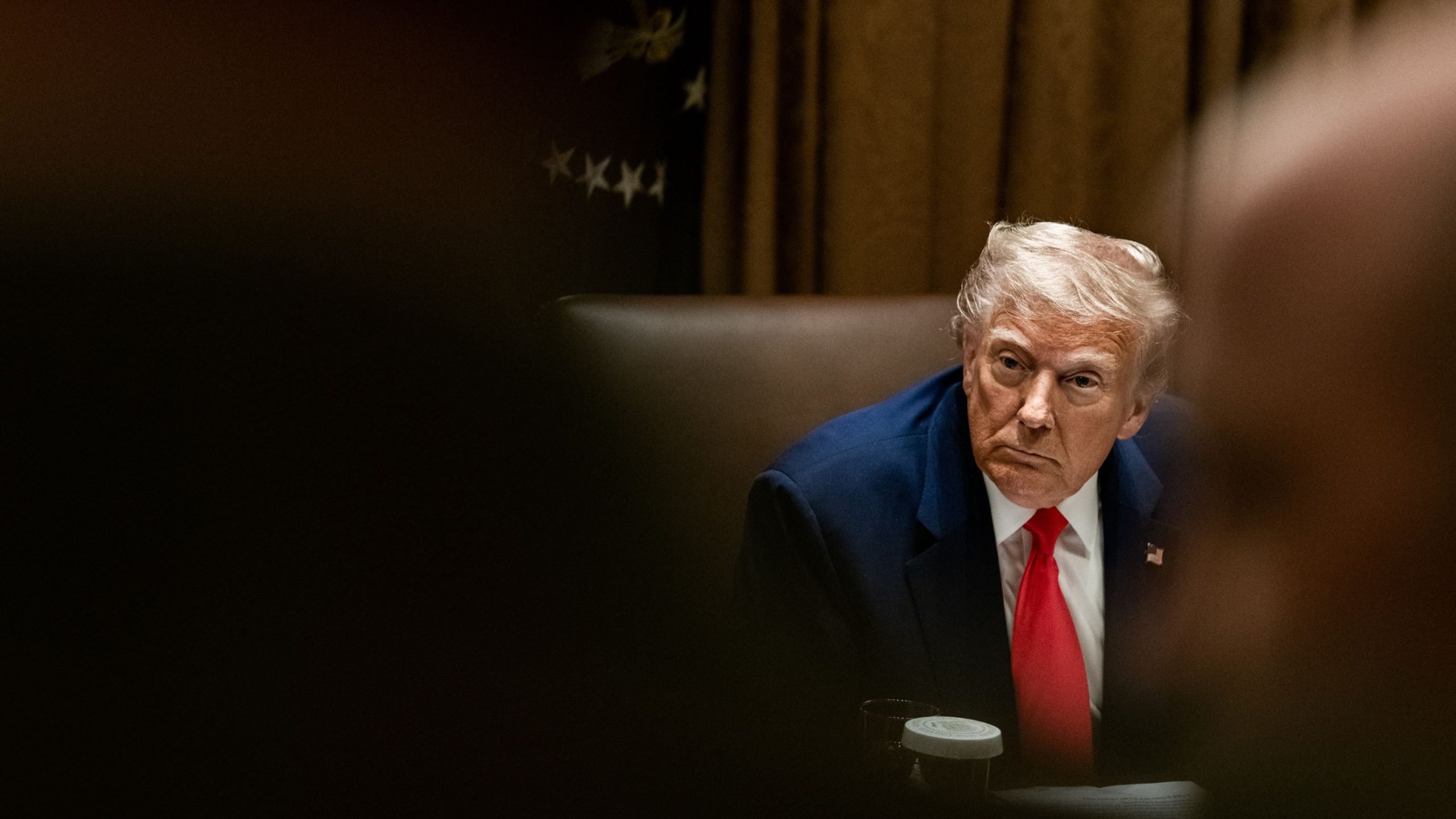As tensions between the world’s two largest economies intensified following the implementation of sweeping new US tariffs, Chinese authorities moved swiftly to erase domestic discussion of the issue from the country’s tightly controlled digital landscape.
By Wednesday of last week, attempts to search for terms such as “tariff” or “104” — the percentage of the new US duties imposed on Chinese imports — were met with error messages on Weibo, a popular Chinese social media platform. According to Reuters, the censorship sidelined substantive discourse even as posts mocking the United States remained prominently displayed.
While official narratives sought to ridicule the US, amplifying hashtags like “#UShastradewarandaneggshortage” launched by state broadcaster CCTV, more critical or analytical takes on the trade conflict, particularly those reflecting internal economic anxieties or unfavorable outcomes for Chinese exporters, disappeared from view. WeChat, another widely used platform, also removed numerous posts from Chinese firms outlining the economic blowback of the tariffs. The removed posts bore a uniform message citing “violations of relevant laws, regulations, and policies.”
CCTV accused the US of hypocrisy, writing that Washington was “waving the tariff stick in a high profile manner, imposing tariffs on EU steel and aluminum products…but also writing letters to European countries in a low voice, urgently asking for eggs.”
The United States’ trade measures are already reverberating through China’s economy. Beijing has announced retaliatory tariffs and vowed resistance, framing the situation as a test of resilience. Yet the domestic narrative available to the Chinese public is tightly curated, offering little space for dissenting perspectives or genuine debate on the nation’s strategy or its long-term implications.
Internet controls remain a key component of the government’s toolkit. Through the so-called “Great Firewall,” authorities restrict access to foreign platforms such as Instagram and X, ensuring that domestic platforms are not only dominant but also compliant. The result is a sanitized media space where unflattering truths about trade or economic vulnerability can be swiftly erased.










